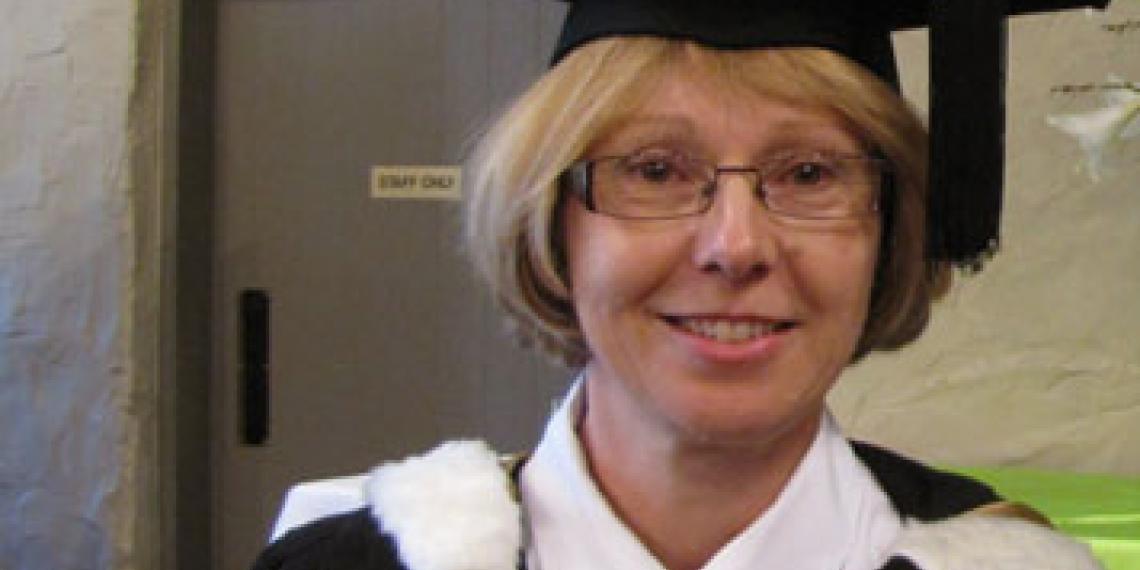Sue Hay - Director, Christchurch Addiction Services

As a young person I felt lost, lonely and left-out. I was the painfully shy girl with the very sharp tongue used to deflect the underlying rage, pain and vulnerability. But at fifteen I found the courage to attend an Easter Camp where words from the Bible struck me. It seemed as if God was saying I had a role to bring hope to the broken-hearted. I had no idea what that might mean, but those words stayed with me.
Over five years later I was at a crossroad, praying for direction in my life. At that time I heard a story Jesus told about a rich and generous man who was throwing a party. He had his servant invite lots of people, but every single invited guest found an excuse not to attend.
The host, who symbolised God, was bitterly disappointed, and came up with ‘Plan B’. The banquet was ready for sharing and so the host sent the servant out again, this time to invite the physically disadvantaged. Still there was room for more, so the servant was sent out again, this time to look for those who felt lost, lonely and left out.
Listening to the story, I strongly identified with the role of servant. Yet I was broken—I felt lost, lonely and left out. I needed to attend the banquet myself. Despite this I had a strong sense that God intended I find healing, so I could become the servant who would offer God’s generous gift of healing to others.
A series of events led me to The Salvation Army, which built on an intuitive sense that the particular people God was sending me to were those lost, lonely and left out because of addiction.
I went on to train as a Salvation Army officer (minister), continuing to work towards my own healing—with the 12 Steps (of Alcoholics Anonymous) facilitating this recovery. When I felt I was ready, I started talking to The Salvation Army about getting involved in The Salvation Army Bridge Programme, which works with those recovering from addictions.
The first response was a resounding NO!
I was convinced God had a plan for me in addiction work, so I asked again. This time I was instructed to undergo testing to see if I was suitable. The results were clear: I was not suitable. The psychologist suggested I was not resilient enough for this sort of work, adding one small but interesting phrase: ‘unless God is in it’.
I persisted with my request and was finally granted a trial appointment at the Christchurch Bridge Programme. The result has been 10 years of privilege as I’ve been able to come alongside others who have felt lost, lonely and left out, and to see hope gradually grow.
As a chaplain, and then a caseworker for women clients I shared God’s hope with individuals. Now, as director of the Christchurch Bridge & Oasis Programmes, my role is to ensure that this hope is offered to all who pass through our doors. I am passionate about this work, and have trained in Addiction Studies to deepen my understanding of addiction issues. Staying up to date with the research ensures we offer those we serve the best possible opportunity to find healing.
My creative side finds an outlet leading Recovery Church services. I believe we learn by being involved so find much pleasure in finding ways to bring the bible alive in today’s context. I believe every individual has a valid spiritual story, and my role is simply to facilitate the next step of the journey towards the wholeness God offers.
My own journey towards healing continues, although the most intensive healing of past pain happened over a twenty year period – God allowed me to journey at my own pace in order to reach the depths of inner brokenness that had kept me chained for so long. God is healing my own sense of being ‘lost, lonely and left out’ and it is deeply moving to now help others embrace their own healing journey.
By Sue Hay
